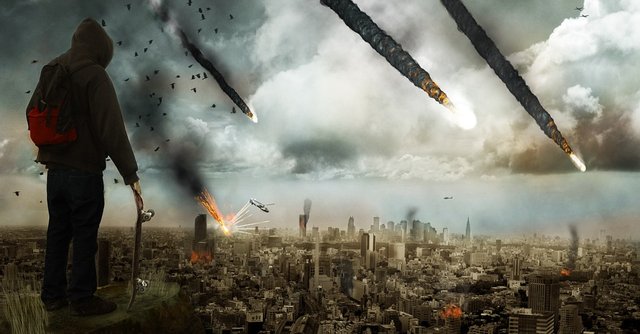The sky is an interesting thing to watch, especially at night. The sky is the biggest being that we can see directly.
In the sky things happen that sometimes don't happen every day, here are some events that are expected to happen in the sky this September:
Moon crossing phase.
In September, it is estimated that there will be three phases of the moon crossing. The first was on September 2, 2020, and there was a full moon. Furthermore, it is estimated that the moon phase will occur in the last quarter on September 10 and the first quarter on September 24, 2020. The moon crossing phase is the shape of the moon which is always changing when viewed from the earth which is also the basis for calculating the lunar calendar.Estimation of the peak of the Meteor-Perseid Rainfall.
It is estimated that on September 9, 2020 there will be an astronomical phenomenon in the form of a meteor shower peak at 22.01 30 GMT + 7 which will be visible until dawn. One phenomenon like this meteor shower can be enjoyed by the naked eye by being in a dark place and looking up at the sky.Prediction of Conjunction Phenomenon.
The sky is expected to return to display quite a lot of conjunction phenomena, including on September 6 the conjunction of the moon and Mars can be seen, then the moon with Venus on September 14 plus Jupiter on September 15. It was closed with the conjunction of the moon with Saturn on September 26, 2020. The planetary conjunction is a state where the Earth, other planets and the sun are in a straight line.Next Komet 88P / Howell.
Comet 88P / Howell can be enjoyed using a telescope. It is predicted that this phenomenon will occur on September 17.Estimation of the peak of the Sextantid Meteor Rain.
Estimated astronomical events in September conclude with the peak of the sextantid meteor shower which is expected to take place on September 27 from early morning until noon. The best time is 03.30 to 05.30 GMT + 7. It is estimated that there are five meteors that emit every hour.

Image from https://pixabay.com/